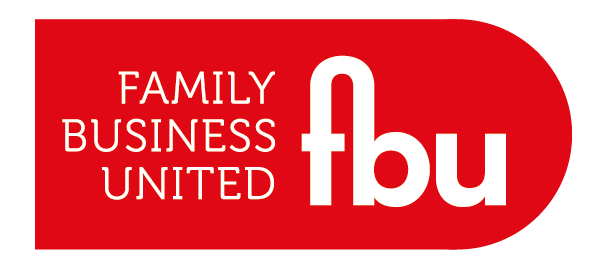Building investor confidence in change projects to achieve your vision.
If change really is the only constant in business, how do we create an environment to build confidence in change in order for it to become part of our culture?

We gain an advantage when we are able to exploit a new wave of change, where others cannot.
Typically these are a result of the dynamic technological, political and regulatory landscape, and rarely that of a single individual or organisation.
By understanding fully, and adapting to these changes, you gain a competitive advantage. For this to be sustainable, i.e your Sustainable Competitive Advantage, your activities must remain valuable to the customer and be superior to your competition to beat them in the market.
Investing in change is important to achieving your Sustainable Competitive Advantage
Where to invest?
Many organisations take a trial and error approach to change projects. This means they often fall down and results in lots of wasted time and energy. Very limited time is spent of trying to understand why it fell over.
Understanding where to invest your efforts, in order to achieve successful and sustainable change, is a good starting point.
Good change projects should be identified from your strategic plan and should be aligned with your vision and mission.
Once decided on suitable change projects, understanding the components of change will help focus your energy to make them a success.
The Change Success Model was created by Dr Chris Mason to set out components of change, for you to assess the gaps, to act upon to improve the probability of achieving your change project goals. The model covers three areas of change; readiness, capability and beliefs.
Here are some good questions to consider when approaching change projects.
Readiness
How ready are you to implement change?
- Leadership support — does the leaders visibly (and emotionally) support the change initiative?
- Need for change —do the change participants believe that there is a quantifiable need for improvement, between where the business is nowand where it should be, with regard to the change initiative?
- WIIFM (what’s in it for me) — do the change participants see the benefit for themselves by participating in the change initiative?
- Change process — do the change participants believe that the change process being used is the most appropriate for the change initiative?
- Confidence — do the change participants have the self-confidence and confidence in the organisation to achieve what is needed in the change initiative? (Past experience has a bearing on this perception.)
Capability
How capable are you of implementing the change?
- People capability — do the change participants believe that they have the capacity to perform in a reliable and satisfactory way in their relevant tasks required by the change initiative?
- Organisational capability — do the change participants believe that the organisation has the capacity to perform in a reliable and satisfactory way in the relevant tasks required by the change initiative?
Beliefs
What is the attitude towards the change?
- Significant others — do the change participants believe that the people significant to them think their participation in the change initiative is important?
- Attitude — how strong is the change participants’ attitude to the change initiative?
- Perceived difficulty — do the change participants feel that they have everything they need to be able to achieve the required task(s)?
Constant change
Change is a constant in our lives, but assuming the rate of change is constantly increasing, addressing how you manage change in your own business is vital to maintaining your Sustainable Competitive Advantage.
Are you facing change in your business and want advice and support on how to successfully manage it? Get in touch with us and one of our change consultants will be happy to meet you.
Call us: on 02045058068 or
Email us: info@alembicstrategy.com
Resources and recommended reading:
- Change Success Model, Dr Chris Mason, Founder of Mindshop
- Good Strategy Bad Strategy by Richard F. Rumelt




